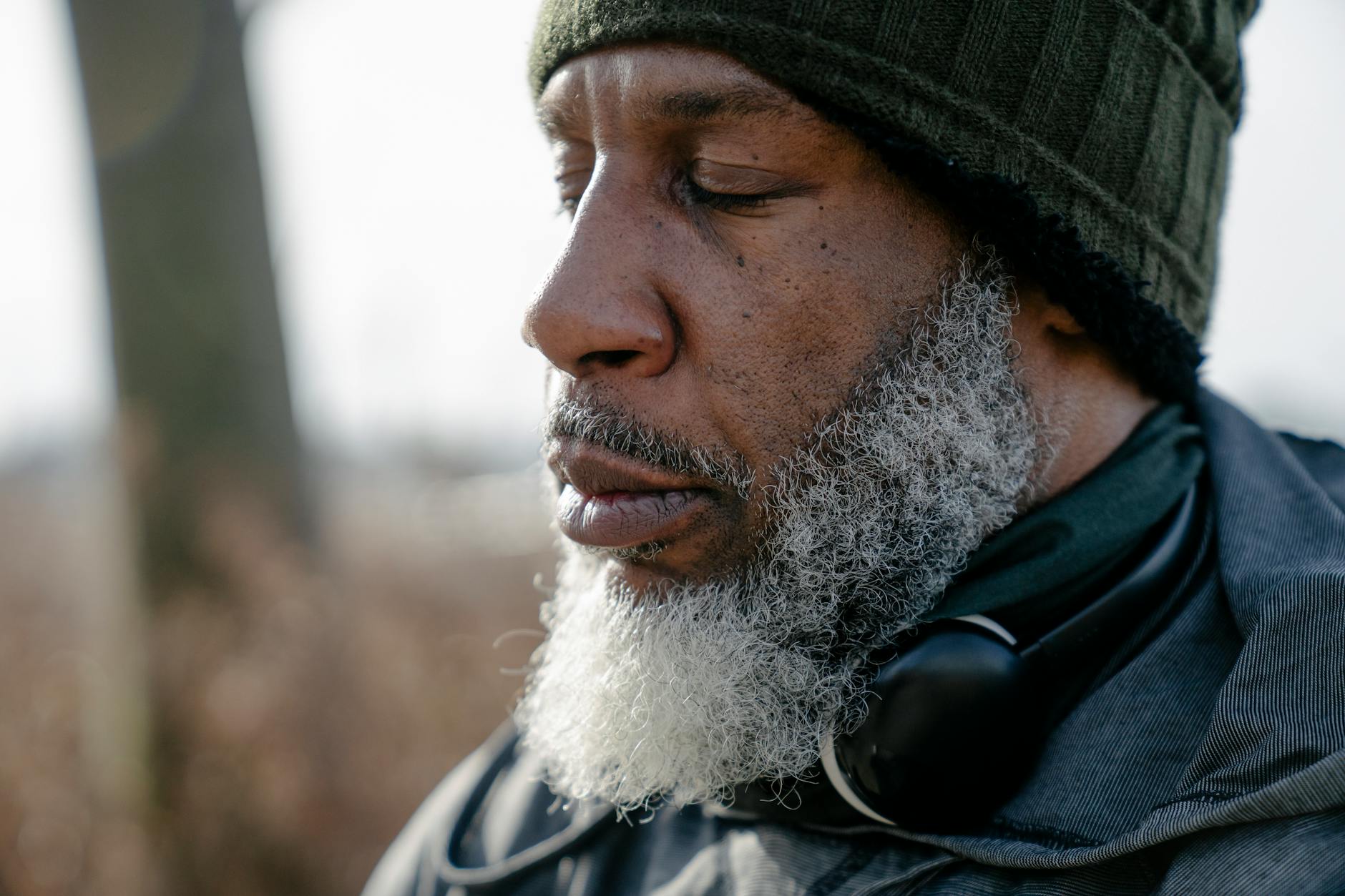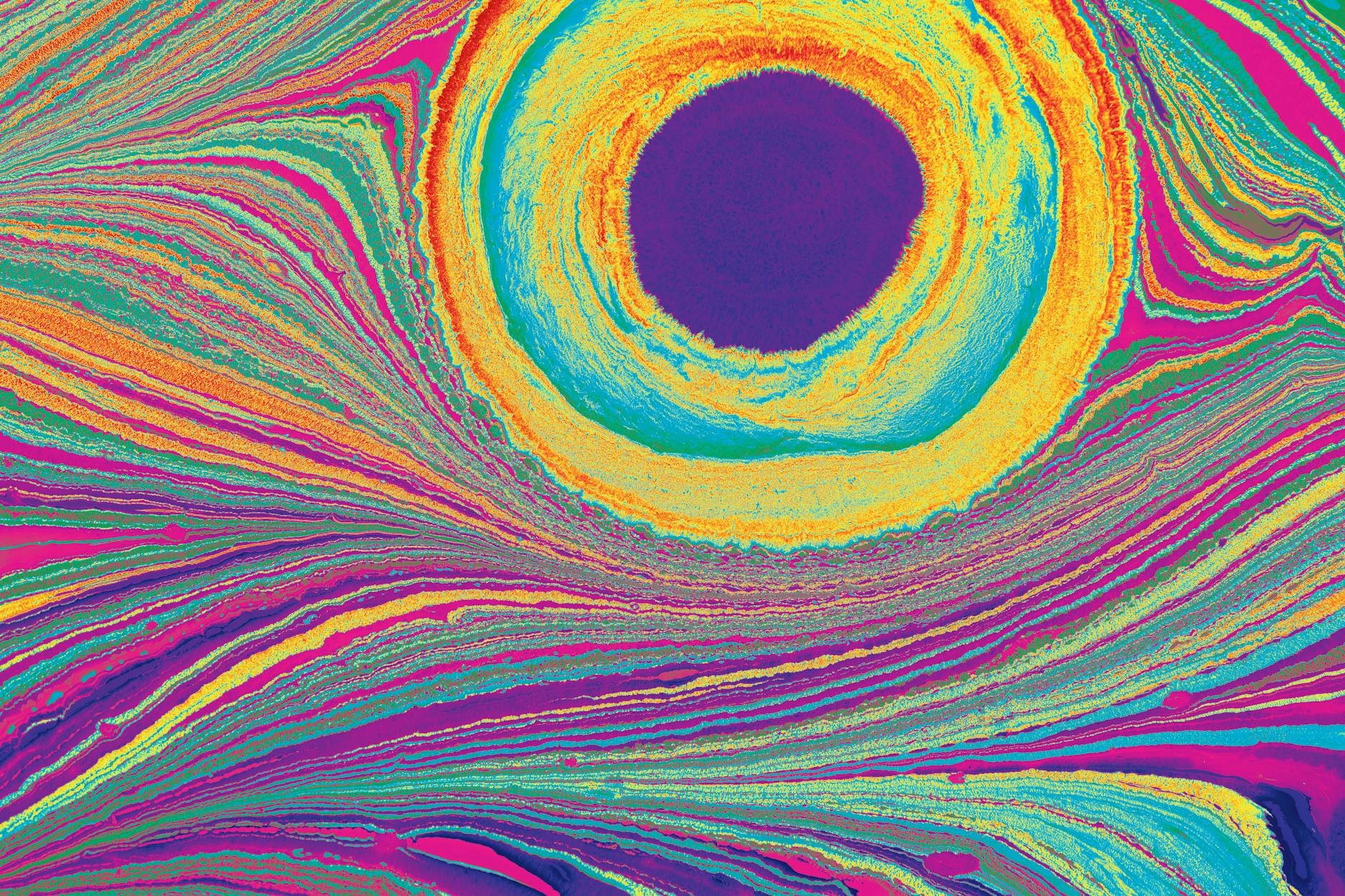Psychedelic substances have historically been associated with counterculture movements and recreational use. However, they are currently riding a wave of what is being referred to as the psychedelic renaissance – a reevaluation of their potential therapeutic benefits in the field of mental health.
Recent research indicates that when used in a controlled and therapeutic context, psychedelics hold promise for treating a range of mental health disorders. This form of treatment, known as psychedelic-assisted therapy, has been studied for its potential in treating problems such as depression, anxiety, PTSD, and addiction.
A characteristic feature of many psychedelics is their capacity to dissolve one’s sense of self and forge a pathway to transformative experiences, fostering profound changes in perspective and attitudes. In therapy, such experiences have meaningful implications for healing from numerous psychological conditions.
The potential therapeutic benefits of these substances result from their interaction with the serotonin receptors in the brain. This interaction often induces changes in thought patterns and emotional responses, leading to a heightened state of mindfulness which, coupled with therapy, can facilitate healing.
Depression, one of the most prevalent mental health disorders, is often resistant to traditional forms of treatment. In such cases, psychedelic substances like psilocybin (the active ingredient in magic mushrooms) offer hope. A study published by The New England Journal of Medicine demonstrated that psilocybin under supervised conditions, in tandem with psychedelic therapy could be as effective as a conventional antidepressant in treating moderate to severe depression.
The application of psychedelic-assisted therapy has also shown promise in addressing Post-traumatic Stress Disorder (PTSD). By reshaping thought patterns and fostering emotional release, MDMA (commonly known as ecstasy) has helped patients process and overcome trauma. Ongoing research by the Multidisciplinary Association for Psychedelic Studies supports the positive outcomes of MDMA-assisted psychotherapy for PTSD sufferers.
Psychedelic substances are also being used to confront the challenge of addiction. A study published in the American Journal of Drug and Alcohol Abuse revealed ibogaine, a psychoactive substance derived from the African shrub Tabernanthe iboga, to have a meaningful impact on the treatment of opioid addiction. Substance use disorders often stem from unresolved trauma; psychedelics, by virtue of their ability to bring buried traumatic memories to the surface, can enable patients to confront, process, and heal from these traumas.
The use of psychedelics in therapeutic settings is by no means a panacea, and they are not without risks. Misuse can lead to dangerous physical and psychological outcomes. As such, the incorporation of these substances into treatment protocols should be carefully regulated and coupled with appropriate therapeutic support.
The advancement of psychedelic therapy research is progressively chipping away at regulatory barriers, positioning us at the cusp of a new era in mental health treatment. Moving forward, robust scientific research is crucial to uncovering the full healing potential of these substances while maintaining ethical and safety standards.
In conclusion, the psychedelic renaissance is undoubtedly ushering in remarkable potential for the field of mental health. Psychedelic-assisted therapy, when responsibly and effectively utilized, presents a promising complement to traditional treatment approaches, offering potential healing pathways for those battling mental health conditions and traumas. As we continue to explore this fascinating frontier of medicine, the priorities should remain safety, efficacy, and the ultimate goal: the well-being of patients.






